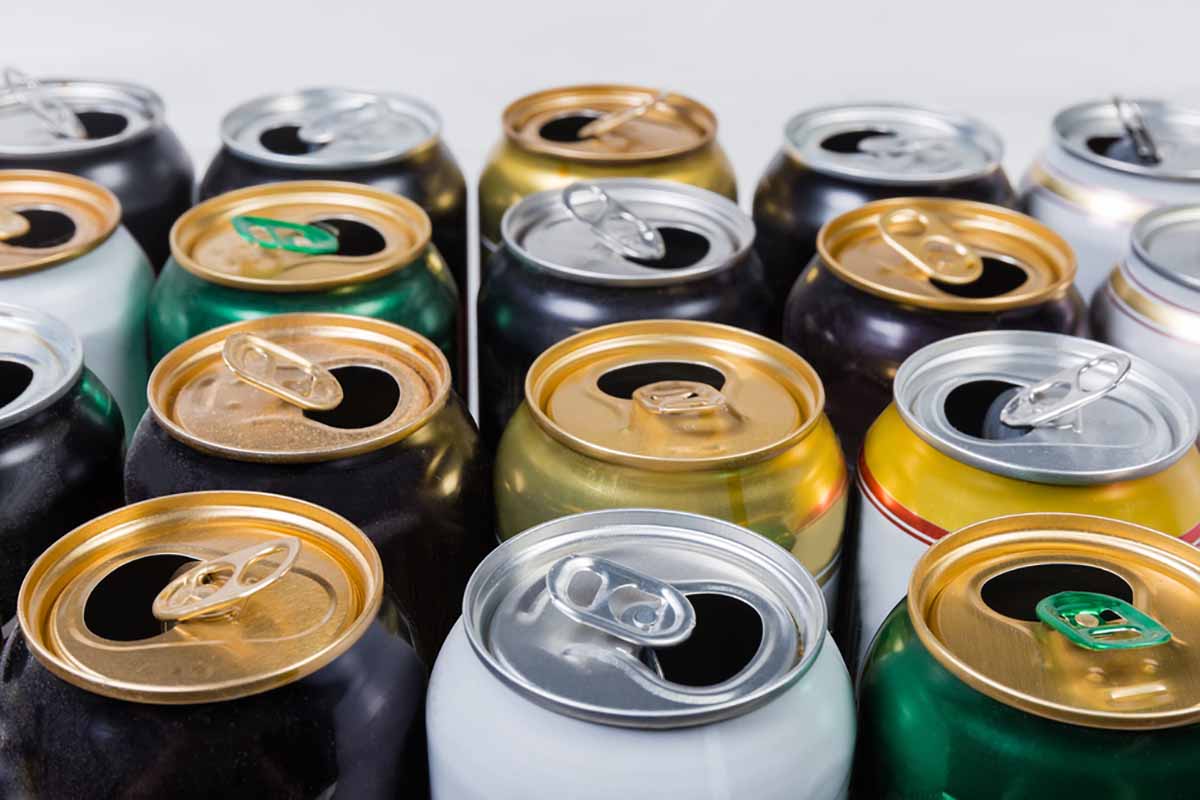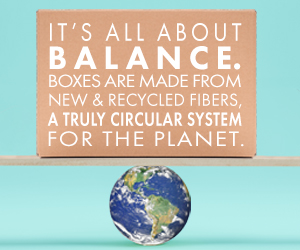
The Can Manufacturer’s Institute has offered data on the benefits of a national bottle deposit system. | anmbph/Shutterstock
Can manufacturers are focusing on container deposit programs, expanded access and better sortation to improve aluminum beverage can recycling rates.
The Can Manufacturers Institute (CMI) published an aluminum beverage can recycling primer and roadmap to lay out how CMI members plan to meet the “ambitious U.S. aluminum beverage can recycling rate targets” announced in November 2021.
The targets, which include reaching a 70% recycling rate by 2030, 80% by 2040 and 90% by 2050, would constitute huge increases over the 2020 rate of 45%.
“The U.S. aluminum beverage can industry knows improving upon that leading position by achieving the targets will not be easy but will have a significant impact,” a press release said.
For example, to have reached a 70% rate in 2020, 25.6 billion more cans would have had to have been recycled. That would have translated into $400 million in revenue for the U.S. recycling system and energy savings that could power more than 1 million U.S. homes for an entire year.
CMI plans to hit the targets by adding deposit systems at the state and federal levels, increasing and improving household and away-from-home recycling, improving sortation rates at recycling centers and increasing consumer understanding of the importance of aluminum can recycling.
Adding a national deposit system could result in an additional 50 billion aluminum beverage cans recycled if the national system had a recycling rate similar to Michigan, where there is a 10-cent deposit.
“This pillar has the greatest potential impact and would allow the industry to quickly reach its goals,” the press release said. “This is part of why CMI is aggressively pushing for new, well-designed deposit systems.”
The can industry plans to “actively advocate” in states where a relatively substantial number of cans are lost to landfill and the politics are favorable for instituting a program, the report said, such as Illinois.
If U.S. households went from their current level of recycling access to “automatic, cart-based curbside recycling service with robust education,” that could net another 23 billion aluminum beverage cans, the report found. CMI plans to keep offering grants and helping educate consumers, for example through pop-ups at event venues.
“Perfect sortation” at recycling centers could add about 3.5 billion aluminum beverage cans to the tally. A 2020 report from CMI found that up to one in four UBCs are missorted at MRFs.
Ardagh Metal Packaging and Crown Holdings are funding equipment purchases for MRFs through CMI to improve those rates.
CMI Vice President of Sustainability Scott Breen encouraged stakeholders to read the report and “understand how the targets and their associated economic and environmental benefits can be achieved and join the industry in a collaborative, concerted effort to have more aluminum beverage cans complete their circular journey, which the vast majority of the time is into a new can.”
Florida improvements
Proud Source Water, Ball Corporation, and Replenysh recently launched a pilot program to support recycling infrastructure and increase recycling rates of aluminum in Florida.
The goal of the pilot is to recover a minimum of 6 million pounds of aluminum over the next 12 months, a press release said, as 75% of aluminum cans are thrown away in Florida.
“The goal of this pilot program is to create new circularity infrastructure to help capture this material before it goes to landfill,” the press release said.
The program will focus on communities with little to no recycling access, making K-12 schools “host locations.” The schools will then benefit from the sale of the collected material.
“We have a responsibility as a consumer-packaged goods company to collect what we put out into the world,” said CJ Pennington, co-founder and president of Proud Source Water, in the press release. “This is the first step towards demonstrating that circularity in our supply chain is not just a concept, but a reality that we can achieve.”
Increasing Florida’s aluminum recycling rate to 90% would generate $151.8 million and keep 119,700 tons of materials out of the landfill each year, the press release noted.
More stories about industry groups
- Colorado approval signals path forward for PRO choice
- Triple-digit revenue gains propel ABTC’s expansion
- Associations update bale specs for fiber, plastics



